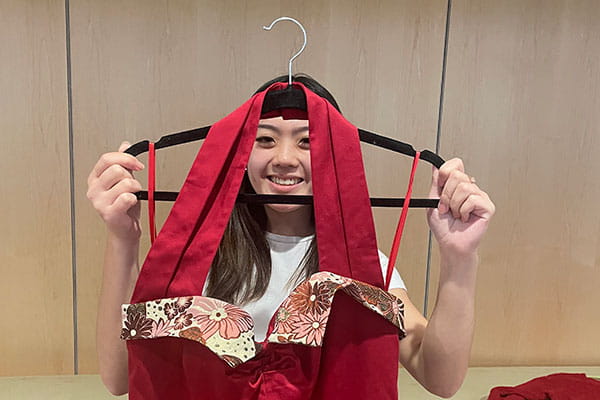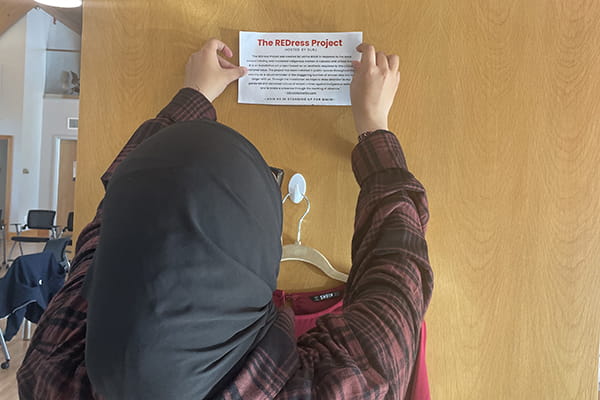November is Native American Heritage Month, a time of honoring and recognizing the cultures, contributions, and histories of Native Americans and people indigenous to our land.
Endicott College sits on the homelands of the Naumkeag Tribe, part of the Massachusett Tribal People. They are the original inhabitants that the English colonists first encountered in what is now the Commonwealth of Massachusetts.
Throughout November, Endicott student club SURJ (Showing Up for Racial Justice) will educate and highlight important topics that pertain to Native American people and culture.
SURJ, which has been active on campus since 2020, strives to bring awareness to various racial issues in the world, as well as on Endicott’s campus. SURJ members said the club focuses on collaboration and white allyship, as racial justice can’t happen without it.
“[They’ve] done a great job of bringing awareness, which is what they're all about, and showing up, which is in their name,” said Rev. Dr. Gail Cantor, Director of Belonging & Spiritual Life and advisor to SURJ. “I think it’s a really big shift on our campus for people to speak up and show up and say what's on their minds.”
SURJ is speaking up with Wear Red Day on November 14. The group is encouraging students, faculty, and staff to wear red to recognize missing and murdered Indigenous women (MMIW).

On Wear Red Day from 5:30–7 p.m, dinner will first be served in the Center for Belonging & Inclusion for those who sign up. From 7–9 p.m., in the same location, Bring Her Home will be shown and discussed.
The documentary follows three Indigenous women as they work to vindicate and honor their relatives, victims in the growing epidemic of missing and murdered Indigenous women. (Please note, this documentary discusses violent themes such as sexual assault, rape, and murder.)
The MMIW movement focuses on spreading awareness of the rising number of Indigenous women who are murdered or go missing every year. It’s an issue that isn’t talked about in the mainstream media and one that SURJ wanted to bring light to.
There’s also little conversation happening about Native American culture in the Northeast, and SURJ wants to change that narrative with various conversations around campus.
Starting on November 7, red dresses will be placed around campus to recognize and give voices to these missing and murdered Indigenous women. The color red was chosen as it is an important color in Native American culture.

Delwin Fiddler, a member of the Native Cheyenne River Sioux Tribe and a world-renowned performing artist, will also visit Endicott from November 14 to 16. Fiddler will be a part of Wear Red Day and will speak to various classes and events.
On November 16, a light luncheon and listening circle will be held with Fiddler in the Center for Belonging & Inclusion from 11 a.m.–2 p.m. Stop in to ask questions, listen to stories, and possibly even dance with Fiddler. Register here.
“It’ll be music, dance, and conversation,” said Cantor. “Our intent is that people learn and understand.”
On the same day from 4–5 p.m. in the Center for Belonging & Inclusion, a decolonization conversation with Professor Annabelle Estera will take place. SURJ has partnered with Estera to bring together various students and faculty from different backgrounds to discuss what decolonization means, and how it affects our different fields of study, and our identities. Register here.
“[Native Americans] were forced to move, and were forced to leave,” said Cantor. “It hasn't been a pretty picture, and yet they prevail and exist. We can all learn to be open and supportive of them.”
She added: “Every November, we really take time to make people more aware that the first people that lived here were Native Americans. It’s important to honor that culture.”


